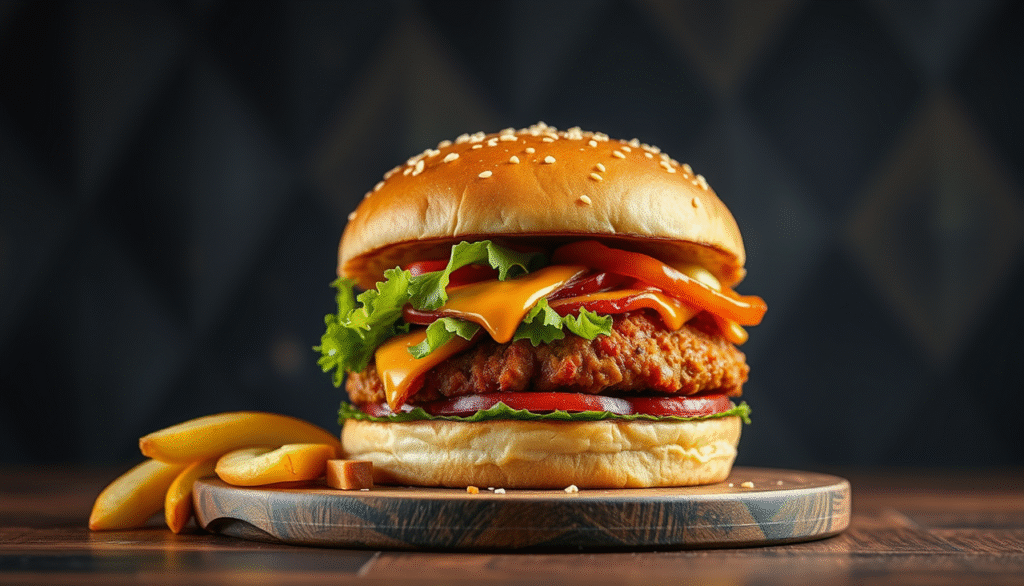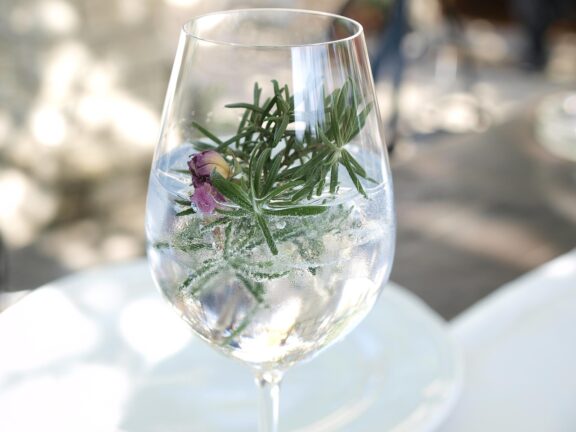Using the term “gin” for non-alcoholic drinks — in other words, anything other than the real thing — is off-limits, judges at the European Court of Justice in Luxembourg ruled on Thursday.
The EU’s top court has now made it unmistakably clear: if a drink contains no alcohol, it isn’t gin — and it certainly can’t call itself gin, even if the label tries to soften the blow with a friendly disclaimer. According to that Court’s decision, the name “gin” is legally protected. To qualify, a spirit must be distilled from agricultural ethyl alcohol, flavoured predominantly with juniper berries, and bottled at a minimum of 37.5 per cent alcohol by volume.
A drink that ticks none of those boxes — as in the case of non-alcoholic versions — simply cannot borrow the name. And no amount of imaginative labelling can conjure alcohol where none exists.

Case C-563/24
The ruling stems from a case in Germany, where the competition watchdog Verband Sozialer Wettbewerb challenged PB Vi Goods over its product Virgin Gin Alkoholfrei. The company argued that the word “alkoholfrei” made everything transparent enough. Not so, said the judges.
A producer can’t bring a drink into compliance simply by tagging “non-alcoholic” next to the protected name if the product contains no alcohol and doesn’t follow the production method defined in EU law.Importantly, the judgment does not ban the sale of alcohol-free botanical drinks; it simply restricts what they may call themselves.
You might be interested
What’s in a name?
This is not the first time the EU has bristled at creative naming. Back in 2017, the Court ruled that only animal-derived products may use the terms “milk”, “butter”, “cream” and “yoghurt” — no matter how earnestly a plant-based imitation insists otherwise. Nor is the gin case the only naming dispute that has received broad attention this year. A month ago, the European Parliament voted 355 to 247 to restrict terms like “burger”, “steak”, “sausage” and “hamburger” to foods that actually contain what the name implies.

Lawmakers bundled the move into a wider reform of the Common Agricultural Policy, presenting it as a way to reduce confusion, support farmers and tidy up the single market’s labelling rules. The proposed restrictions have considerable scope. As Le Monde noted, “steak” and “burger” would join everything from “sausage” to “egg white” on the list. German Chancellor Friedrich Merz cut through the nuance with a remark that neatly captured supporters’ thinking: “A sausage is a sausage. Sausage is not vegan.”
For now, that measure is not yet law. The Parliament’s October vote represents its first-reading position — the opening stance in the EU’s ordinary legislative procedure. The Council and Commission must still negotiate and adopt the final text before any changes take effect. Until then, “veggie burgers” remain permitted.
A consistent approach
Gin must be gin, milk must be milk, and — depending on how the legislation ultimately settles — burgers may soon have to be burgers too. For producers in the exploding alcohol-free drinks sector, the message is equally crisp: innovate freely with botanicals and blends, but if the bottle is missing that 37.5 per cent of something legally essential, the name must remain just as dry. Gin by any other name may taste pleasant enough — but in the eyes of EU law, it cannot pretend to be the real thing.
“Only gin,” goes a famous if somewhat morbid saying, “will get you in the end”.











